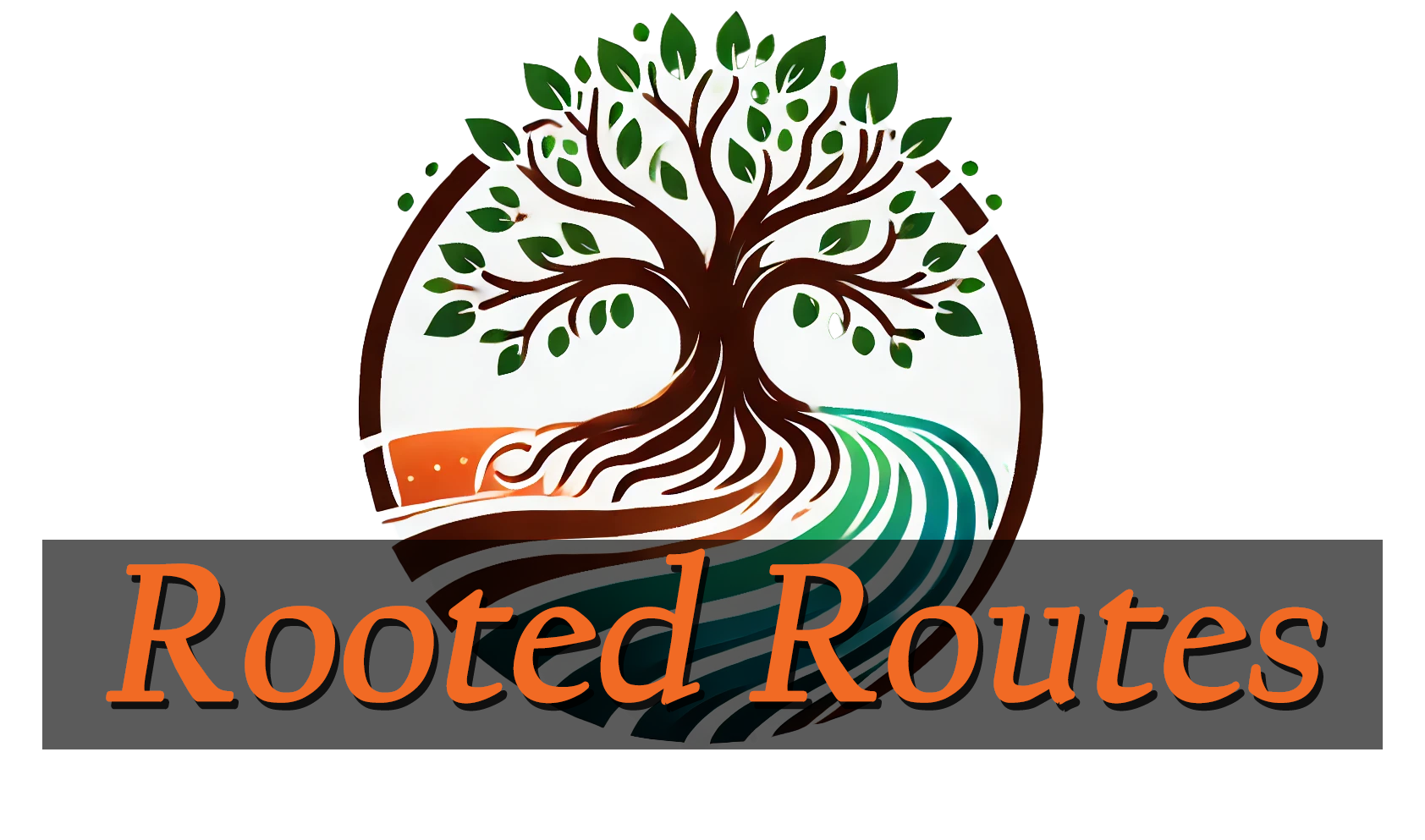You know…
I recently watched an interview with Dr. Arikana Chihombori-Quao, the former African Union ambassador to the United States. And honestly, I felt every word she said, especially when she spoke about people of African descent finding their way back to the continent.
“It’s healing,” she said. “Africa is saying: welcome home…”
For many African Americans, the search for “home” goes beyond geography. It’s about identity. It’s about feeling grounded after generations of floating. It’s about something inside finally making sense.
Whether you were born in Ghana or Georgia, Lagos or Louisiana, so many of us are carrying the same wound.
Colonization shaped one side of our history. Slavery shaped the other. And in the middle, we were separated by distance, by pain, and by generations of silence.
Different weapons, but the same cut.
Dr. Arikana shared a story about a friend who once asked her to consider what it feels like not to know where you come from. She said she hadn’t really thought about it until then. And you know what? I hadn’t thought about it either. But when I did, I could feel how painful that disconnection must be.
She talked about how that realization shifted her entire perspective. “They’re living life without ever being anchored,” she said. “And it affects everything they do.”
And she’s right. How do you build when your foundation was stolen?
That’s the reality for many in the diaspora… people told, or made to feel, that they are too Black to be fully American, and too Western to be fully African. Always reaching for something they can’t quite name.
So when someone from the continent says, “You’re welcome here,” it’s not just a nice thing to hear. It heals something deeper.
Dr. Arikana spoke about a powerful moment she experienced in South America. She had just opened a speech with the words, “I was sent here to bring you home.” She didn’t expect the reaction that followed. People quietly started crying, they passed around tissues. Then a man stood up and said, “You found us.”
Let that sink in… “You found us”. There’s something both heart-wrenching and sacred in those words. Painful, yes. But also hopeful.
Even Bishop T.D. Jakes talked about feeling like he came full circle after tracing his ancestry back to the Igbo tribe in Nigeria. That’s what identity can do. It roots you. It settles something in your spirit.
But here’s the thing; healing can’t just flow in one direction.
While many in the diaspora are searching for reconnection, many people on the continent are healing too. We are healing from the scars of colonization. From the shame that was planted over generations. From economic wounds and division.
So when people return, they may be welcomed with open arms or with hesitation. And honestly? Both are understandable.
Still, I believe we need each other. Not to erase our differences but to understand them. Not to rewrite history or our stories but to connect the threads that were broken and reclaim what was lost.
Because this isn’t just about people relocating or going on cultural tours; it’s about showing up with empathy, honesty, and a willingness to heal together.
Like Dr. Arikana said, not everyone has to move back to Africa, but just knowing that you can… that there’s a place that says, “Come if you wish, stay if you can, visit if you like” … that alone is powerful. That in itself is healing!
So the question is, will we make space for each other in this shared home?
I truly hope so.
